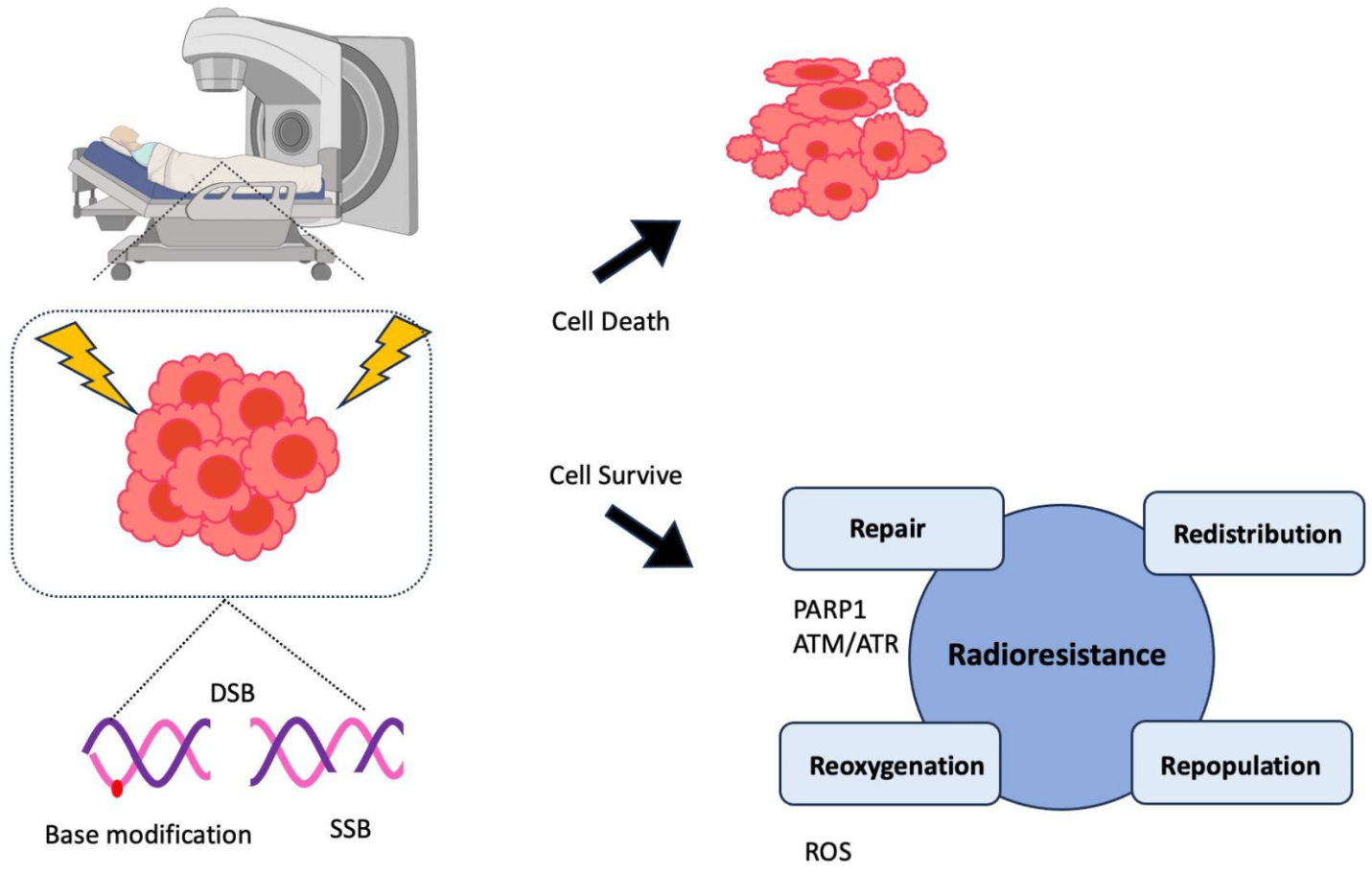Prostate Cancer

Common therapies for prostate cancer include surgery, radiation, chemotherapy, and hormone therapy. However, the recurrence rate is high, and castration-resistant prostate cancer is prone to appear. Alfa Cytology is a world leader in the development of cancer vaccines. With our extensive experience and advanced platform, we can provide the best vaccine development services for prostate cancer.
Introduction to Prostate Cancer
Prostate cancer is the second most common cancer in men worldwide. With the acceleration of population aging, the growth of the economic level, and the improvement of detection methods, the incidence of prostate cancer is increasing year by year.
Therapy for Prostate Cancer
The current therapy methods for local prostate cancer include radical prostatectomy, radiation therapy (RT) with or without androgen deprivation therapy (ADT), and active monitoring (AS). Radiation therapy can be used alone to treat various types of cancer or in combination with other conventional therapies, including surgery, chemotherapy, ADT, and immunotherapy, depending on the specific type and stage of cancer. But cancer resistance still exists, and the development of new therapies is still ongoing.
 Fig. 1 Mechanism of radiotherapy and onset of resistance in prostate cancer cells. (Wasim, S., et al., 2023)
Fig. 1 Mechanism of radiotherapy and onset of resistance in prostate cancer cells. (Wasim, S., et al., 2023)
Prostate Cancer Vaccine
The mechanism of action of cancer vaccines is immune activation of specific tumor-associated antigen (TAA) or tumor-specific antigen (TSA), which actively triggers an immune response by binding to co-stimulatory molecules localized on immune cells. Prostate cancer has a large number of highly targeted TAA and TSA, such as PCA3, PAP, PSA, PSMA, and so on. Therefore, prostate cancer is an ideal candidate for cancer vaccine therapy.
Recently, several promising prostate cancer therapy vaccines have been developed, such as Prostvac, Sipuleucel-T, and personalized polypeptide vaccine (PPV). In addition to the already launched products, the development of vaccine types for prostate cancer remains diversified. The following is a detailed description of their classification and principle.
| Types | Description |
|---|---|
| DC-based Vaccines | Dendritic cell (DC) vaccines are made from dendritic cells loaded with tumor antigens. DC vaccines can induce highly effective anti-tumor responses. For example, the DC-based prostate cancer vaccine Sipleucel-T has been approved for use. |
| Peptide Vaccine | The advantage of peptide vaccines is that multiple peptides obtained from different antigens can be combined into a single vector, and the corresponding synthetic antigen peptides can be constructed for complex discontinuous natural antigen determinants. Therefore, the prostate cancer polypeptide vaccine containing multiple candidate TAA peptides has a good application prospect. |
| DNA Vaccine | The DNA vaccine is a closed circular DNA plasmid designed to encode an antigen or epitope of interest under the action of a mammalian strong promoter. DNA vaccine, as a simple and effective antigen presentation method, can impact the therapy of prostate cancer. |
| Virus Vaccine | Oncolytic adenovirus, as a novel viral preparation for the therapy of CRPC, has the advantages of high selectivity and low cytotoxicity. Studies have evaluated the efficacy of nonreplicative viral vectors in prostate cancer. |
Our Service
Effective cancer vaccines deliver concentrated antigens to human leukocyte antigen (HLA) class I and Class II molecules in DC, promoting CD4 and CD8 T cell responses. The best vaccine platforms include DNA and RNA vaccines and synthetic growth peptides. Against penile cancer, Alfa Cytology provides a variety of services related to cancer vaccine development.
For prostate cancer, the combination of cancer vaccines with a variety of other therapies shows promising prospects. Alfa Cytology is committed to the research and development of therapeutic cervical cancer vaccines, from the discovery of cancer antigens, and the development of different types of vaccines, to vaccine research for different cancer types, providing one-stop services. If you are interested in our service, please contact us.
Reference
- Wasim, S., et al.; (2023) Review of Current Treatment Intensification Strategies for Prostate Cancer Patients. Cancers 15, 5615. https://doi.org/10.3390/cancers15235615